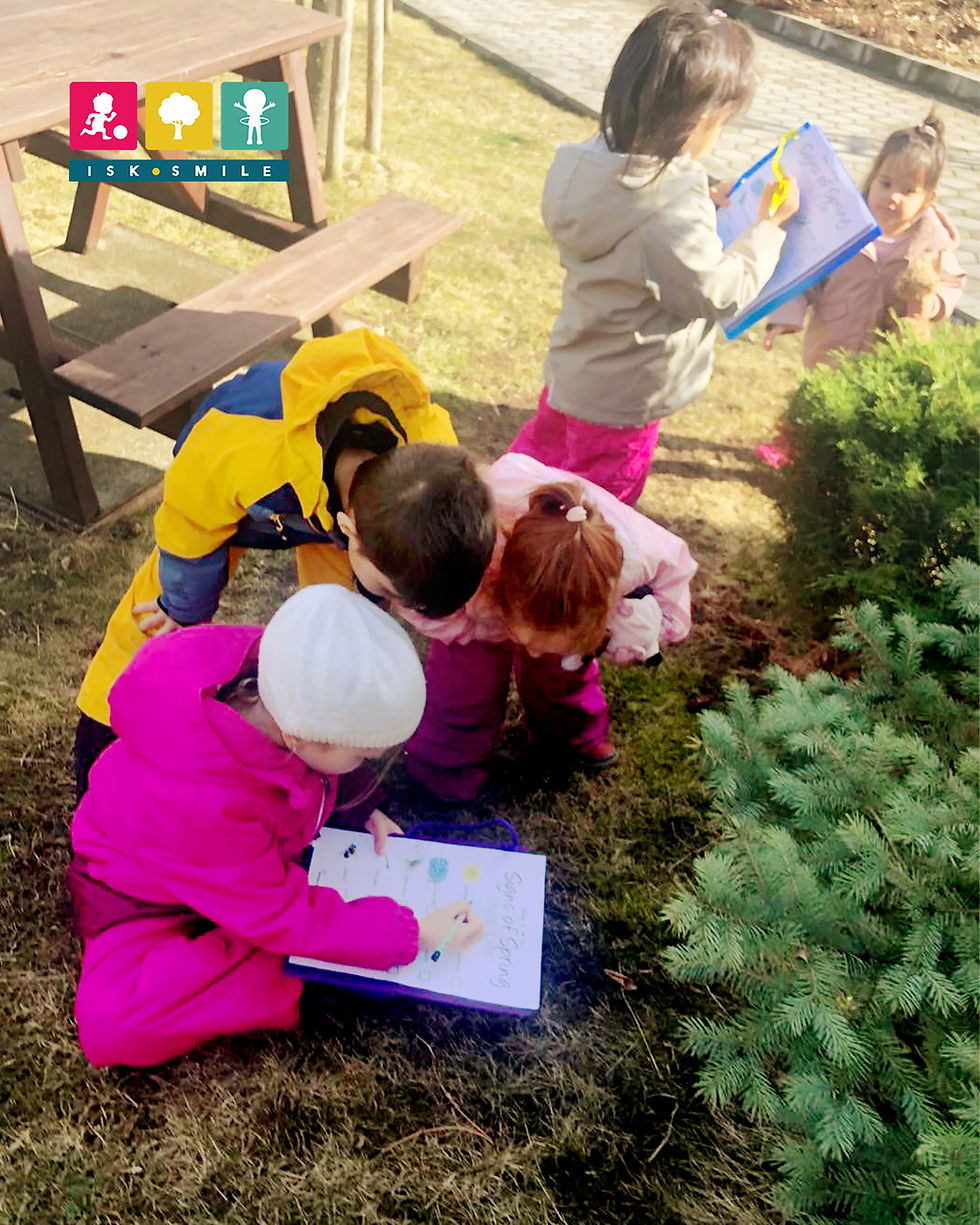Navigating the Transition: A Comprehensive Guide for Parents and the Transformative Benefits of Kindergarten
- veniyouroukova
- Apr 4, 2024
- 3 min read

Embarking on the journey from the comforts of home to the vibrant world of kindergarten is a monumental milestone, laden with significance for both parents and their little ones. As parents prepare to send their children off to kindergarten, a myriad of emotions—ranging from excitement and apprehension to nostalgia—inevitably surfaces. This transition, a pivotal phase in a child's development, lays the foundation for a lifelong love of learning and social interactions. In this article, we will explore invaluable tips for parents navigating the home-to-kindergarten transition while delving into the myriad benefits that kindergarten bestows upon young learners.
Tips for Parents:
Establishing Consistency for Smooth Transition:
A consistent daily routine emerges as a cornerstone for easing the transition from home to kindergarten. A predictable schedule, spanning waking up, meals, play, and bedtime, offers children a sense of stability. Beyond this immediate comfort, it aids in developing crucial time management skills that prove invaluable as children progress through their educational journey.
Fostering Independence as a Building Block:
Equally crucial is the fostering of independence at home. Simple tasks like dressing themselves, using the restroom independently, and tidying up after playtime instill a sense of responsibility and self-reliance. These foundational skills become the scaffolding upon which children navigate the increased autonomy that awaits them in the kindergarten environment.
Visiting Kindergarten Together:
To quell anxiety, a highly recommended approach is visiting the kindergarten together. Whether attending open houses or arranging personalized visits to the school, allowing children to explore classrooms, meet teachers, and interact with future classmates creates a positive association with the new setting. Familiarity diminishes the fear of the unknown, making the first day of kindergarten a less daunting prospect.
Cultivating Vital Social Skills:
Encouraging social skills is a vital aspect of preparation for kindergarten. Facilitating playdates with other children enhances crucial social skills such as sharing, taking turns, and effective communication. These skills are not only fundamental for building friendships but also essential for thriving in a classroom setting where interaction and cooperation are integral.
Power of Positive Reinforcement:
Providing positive reinforcement and celebrating small victories emerge as powerful motivators. Whether it's successfully completing a puzzle or expressing themselves verbally, acknowledging, praising and rewarding these achievements boosts a child's confidence and enthusiasm for learning. Whether it be a verbal expression of pride or a small physical award, such positive reinforcement builds a foundation for intrinsic motivation, fostering a love for learning that extends well beyond the kindergarten years.
Benefits of Kindergarten:
Academic Foundations for Lifelong Learning:
Kindergarten serves as the bedrock for future academic success, introducing children to basic literacy and numeracy skills. It lays the groundwork for more advanced learning in later grades, offering early exposure to letters, numbers, and language. This early academic exposure not only fosters a love for learning but also establishes a foundation that becomes a lifelong asset.
Social and Emotional Development:
Beyond academic growth, kindergarten plays a pivotal role in social and emotional development. Children learn to navigate complex social interactions, practicing sharing, cooperation, and empathy. These experiences contribute to the formation of well-rounded individuals capable of thriving in various social contexts throughout their lives.
Stimulating Cognitive Growth:
The intentional design of the kindergarten curriculum stimulates cognitive growth. Through activities such as storytelling, problem-solving, and hands-on learning, children develop critical thinking skills. Kindergarten encourages children to ask questions, explore their curiosity, and cultivate a love for learning that extends far beyond the confines of the classroom.
Nurturing Creativity and Imagination:
Moreover, kindergarten provides a nurturing environment for the blossoming of creativity and imagination. Art projects, imaginative play, and exposure to diverse subjects encourage children to express themselves freely, fostering a lifelong appreciation for creativity and innovation.
Preparation for Formal Education:
Beyond its academic and creative facets, kindergarten serves as a gentle introduction to the formal education system. It helps children adjust to the structure of a classroom, follow instructions, and develop the discipline needed for future academic endeavors. This early exposure sets the stage for a smoother transition to elementary school, marking the beginning of a continuous educational journey.
Transitioning from home to kindergarten is a significant step for both children and parents. By following these tips, parents can help ease the process for their little ones, paving the way for a positive kindergarten experience. The benefits of kindergarten extend far beyond the initial adjustment period, contributing to a child's holistic development. As children embark on this exciting journey, they gain not only academic knowledge but also crucial social and emotional skills that will serve them well throughout their educational and personal lives.





Comments